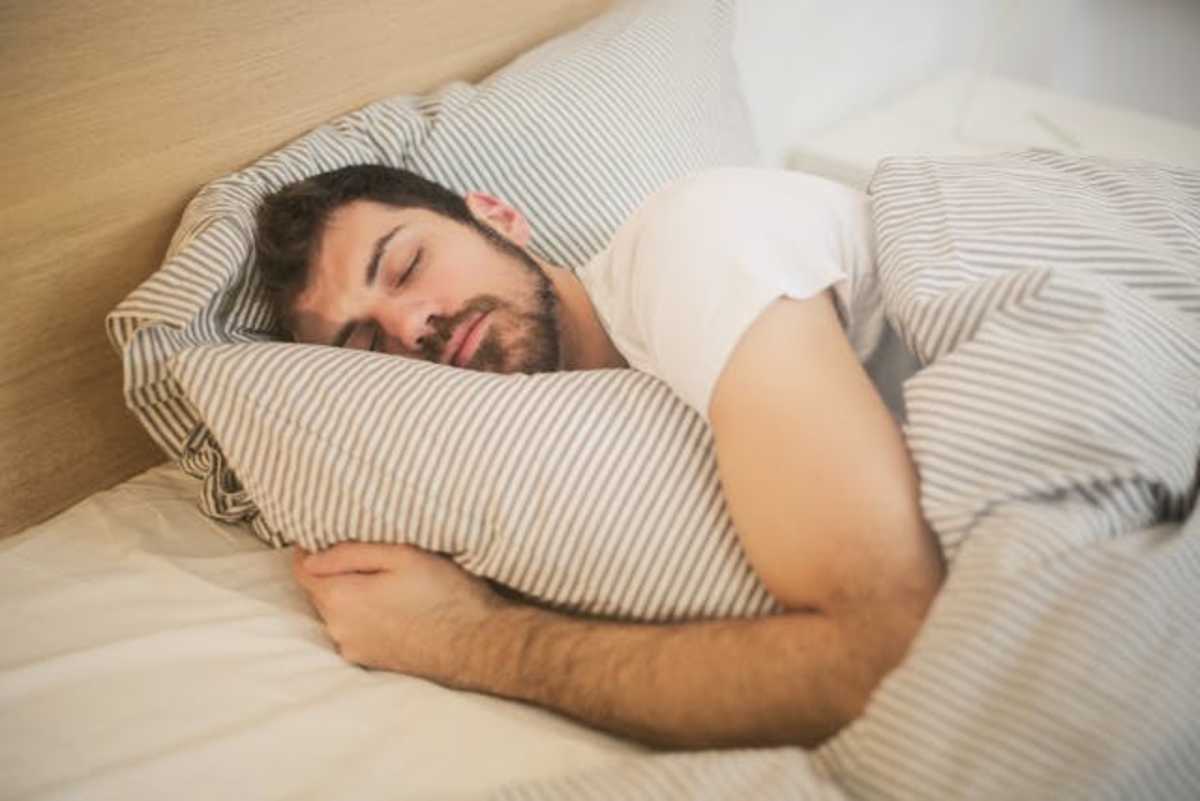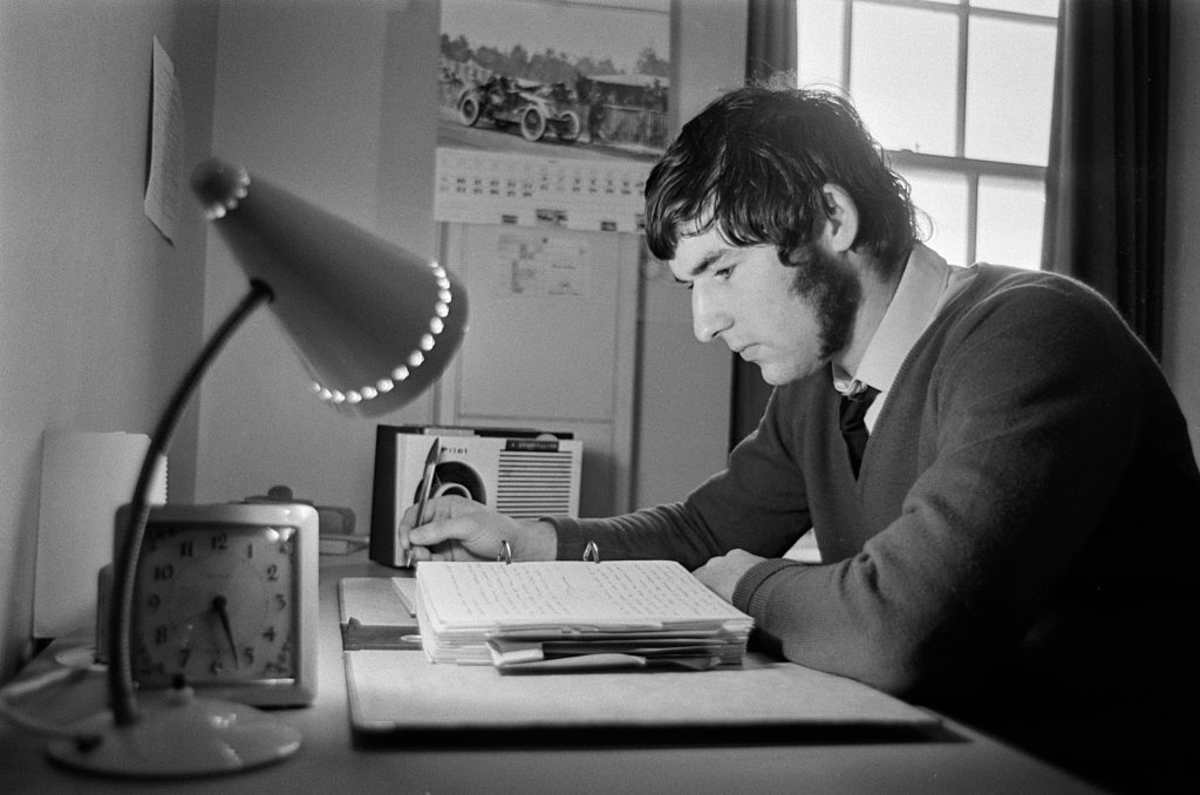Humans once had ‘two sleeps’ every night but something changed in the last 200 years
The report says one reason was the invention of artificial lights.

What if we told you, thousands of years ago, most people didn't sleep straight through the night like we do now? Instead, they had two separate sleeps, a "first sleep" and a "second sleep." As shocking as it may sound, that's actually true. So, the people would get to bed a few hours after sunset, sleep for like 3-4 hours, then wake up and sleep again in the middle of the night. It's not just a random notion; we have historical records from Europe, Africa, Asia, and beyond that explain how people back then slept in two different shifts with a gap of a few hours where they were totally active, as reported by Science Alert on November 2.

When people slept in two different parts, the gap between the two felt special. It was a time that people consciously noticed. The practice also made nights feel shorter and more structured. Their sleeping pattern also made winter nights feel easier to handle. Now, the interesting part is that people didn't sit doing nothing in the gap between the two naps. In fact, it used to be truly productive. Some completed their chores, like adding wood to the fire or checking on animals, while others relaxed on the bed, reading or writing letters, and talking with family and neighbors. It may sound shocking to us now, but writings from ancient times, like the poems of Homer and Virgil, mention the "hour that ends the first sleep." That means it was genuinely a normal thing thousands of years ago. However, over the last 200 years, sleeping in two different parts has disappeared. But why? The report says one reason was the invention of artificial lights. After sunset, people didn't have to spend time in the dark, so they didn't go to sleep; instead started staying up later into the evening under lamplight.

Biologically, things also changed. People started using bright lights at night, and that changed their body clocks. Normally, our bodies begin releasing melatonin in the evening, making us sleepy, but exposure to light reduces or delays the release of the particular hormone. Besides Industrial Revolution changed people's lifestyle. People working in factories were encouraged to follow a single sleeping schedule, and by the early 20th century, the idea of eight uninterrupted hours had replaced the two-sleep cycle. However, people living in darkness and mostly without phones, clocks, and lamps often start sleeping in two parts. In 2017, a study found that some people in Madagascar living without electric lights naturally sleep like that.
Meanwhile, reacting to the surprising detail, u/vibingcarefully commented, "I think this is a game changer for folks that panic over continuous sleep and the anxiety that creates (very real based on psychologists' and prescribers' reports (Ambien)). Assuming one is not on a weird sleep schedule due to work, jet lag, or being hypercaffeinated or an addict, feeling that waking up in the middle of the night, taking a sleep break (being awake for a while), and going back to sleep is ok is GREAT. Folks also should be adhering to good sleep hygiene. Remember what anthropologists discovered was about people not having electric lights, screens everywhere, etc. Folks went to bed earlier, too."
u/fullprunenight wrote, "Not a profession or anything, but does it seem weird to anyone else to describe this phenomenon as having 'disappeared' when known sleep quality issues, including interrupted sleep and midnight rising, are decently common complaints in industrialized populations? It’s just often pathologized now as a form of insomnia."
More on Scoop Upworthy
Do you keep waking up at 2 am? Sleep expert reveals one common habit that's jeopardizing your sleep
Study shows the massive impact sleep deprivation can have on a person's attention span
Couples swear by this Scandinavian sleeping method as something that 'could save marriages'

 Share on Facebook
Share on Facebook





